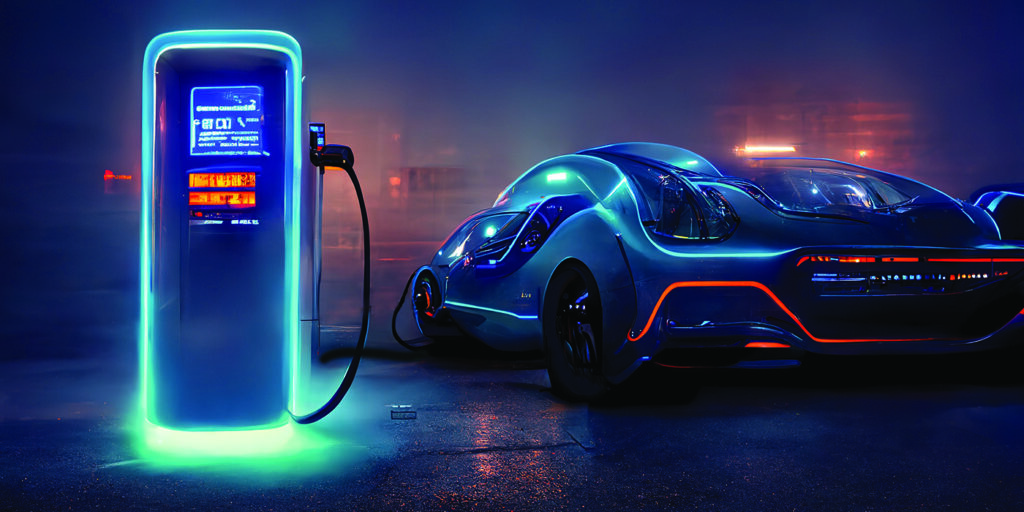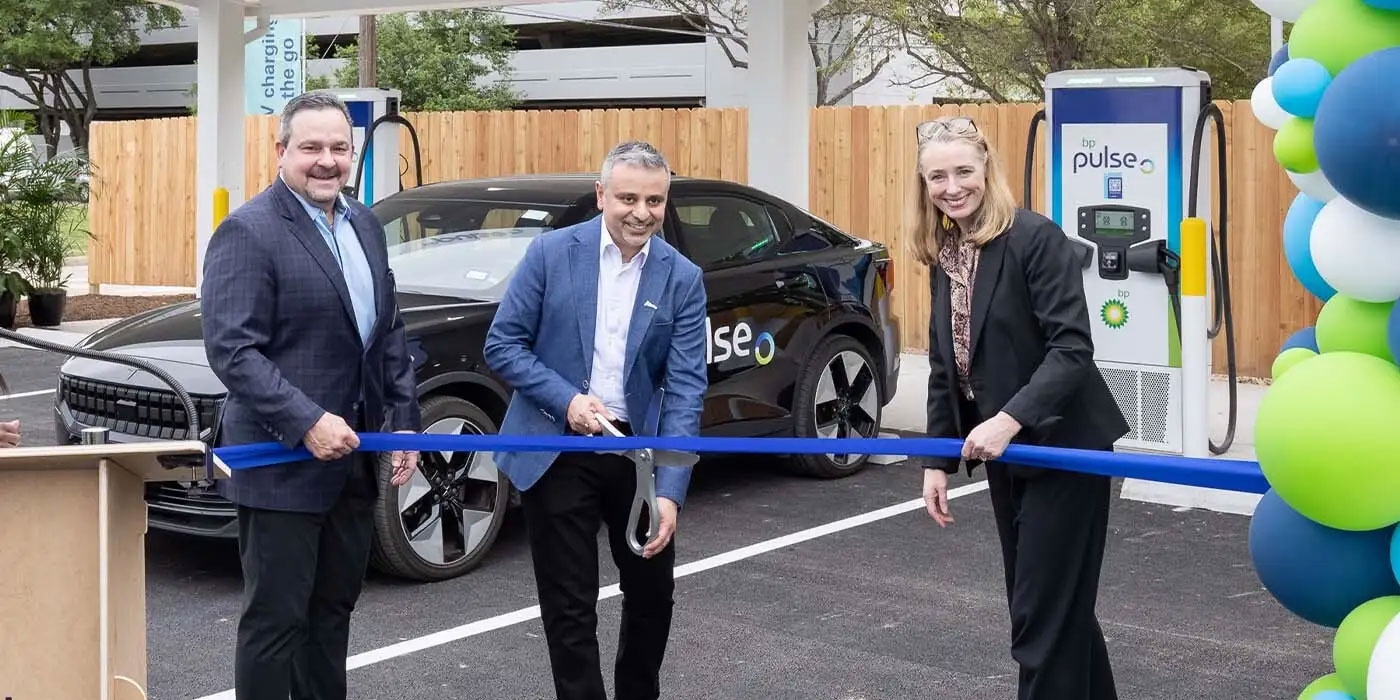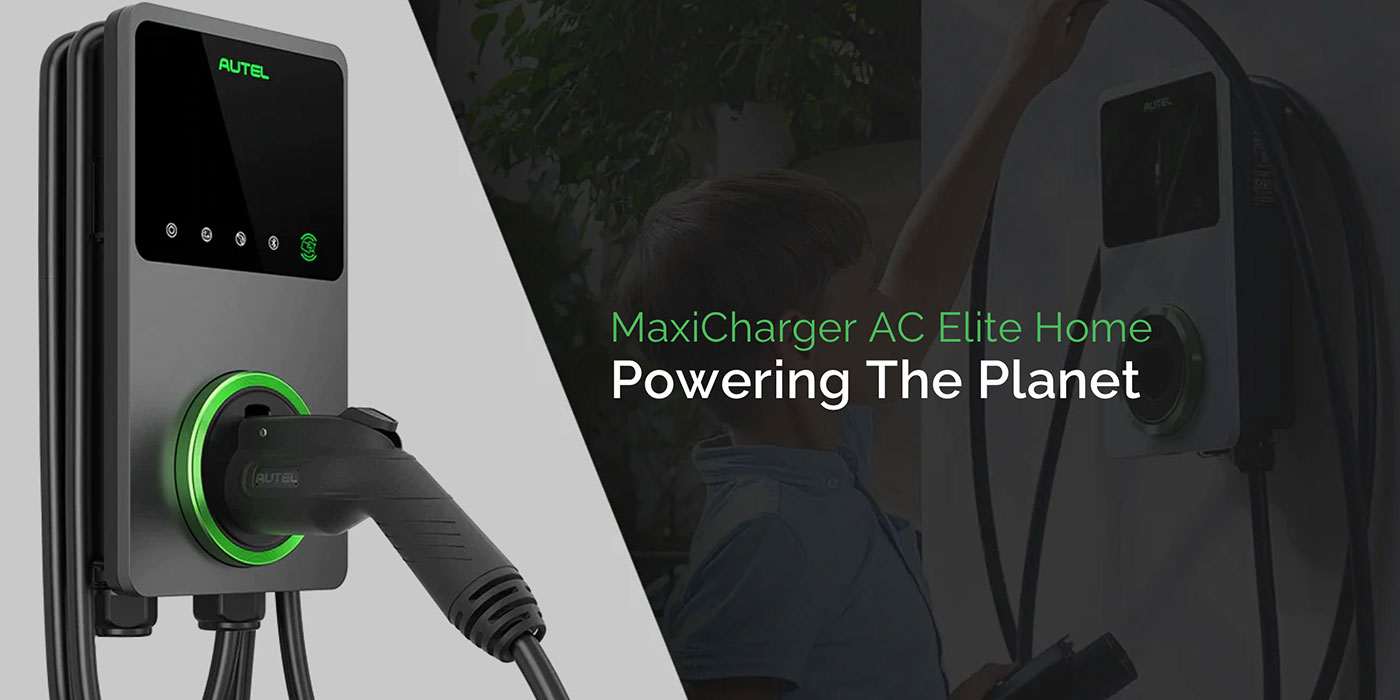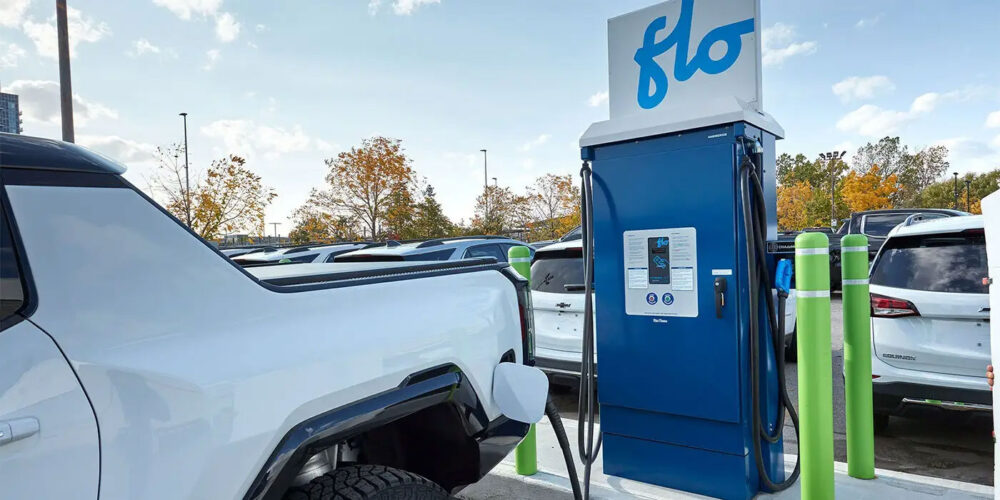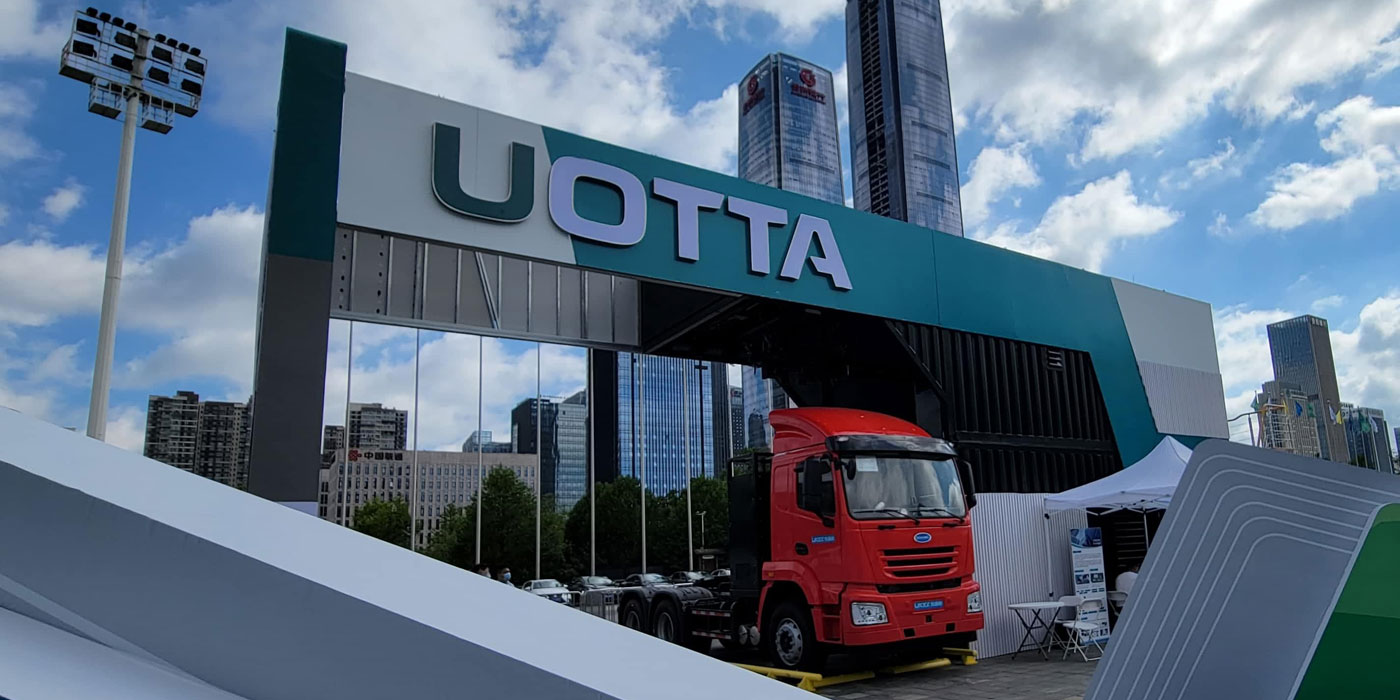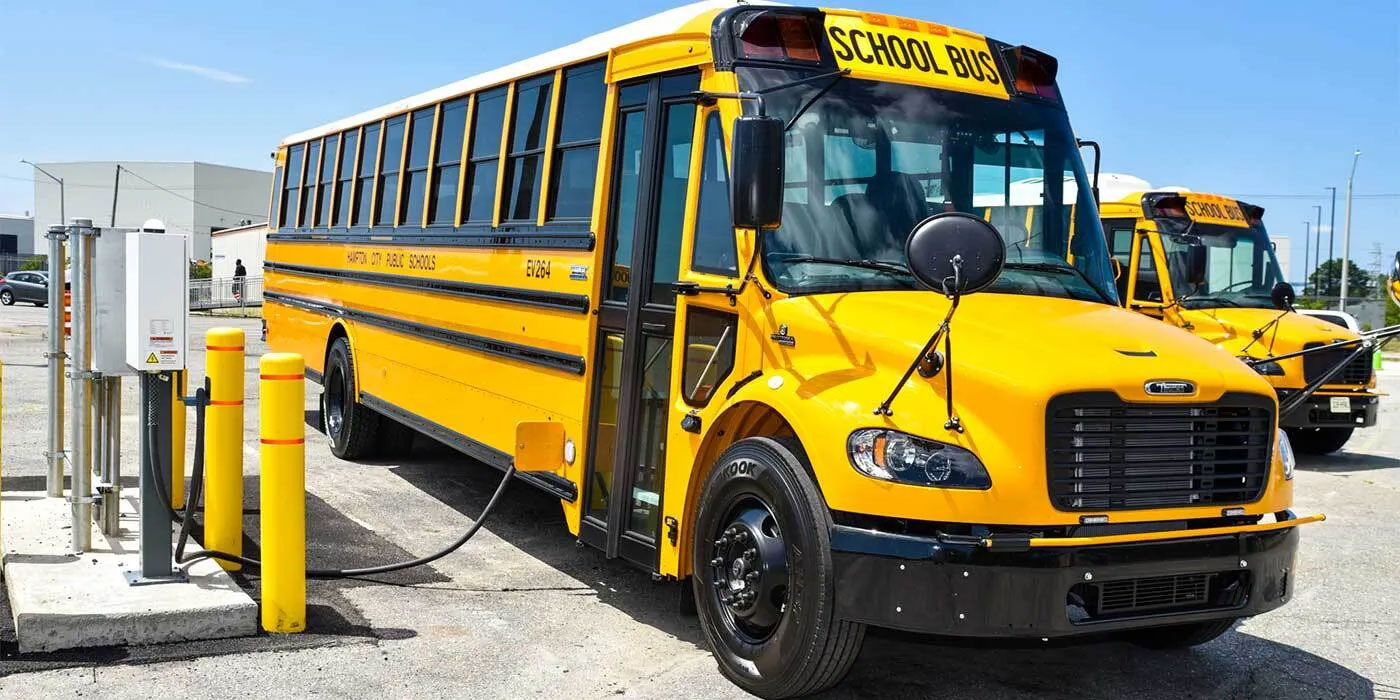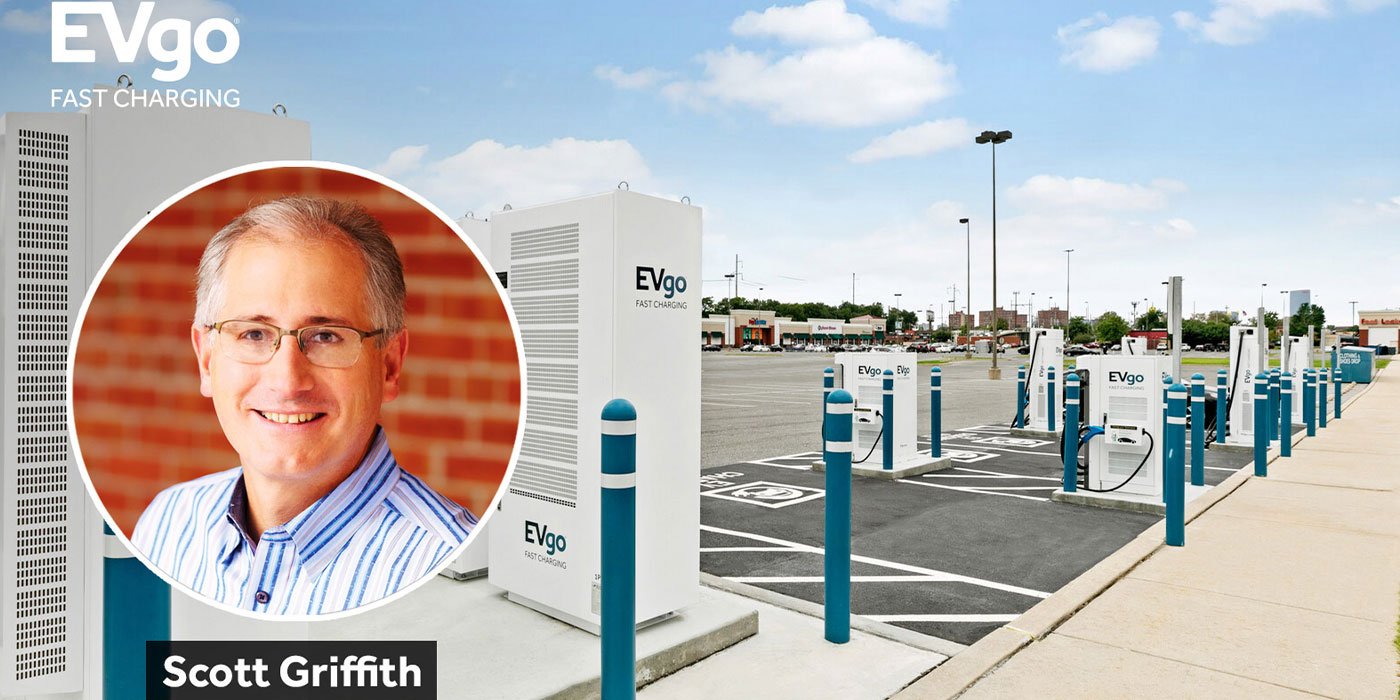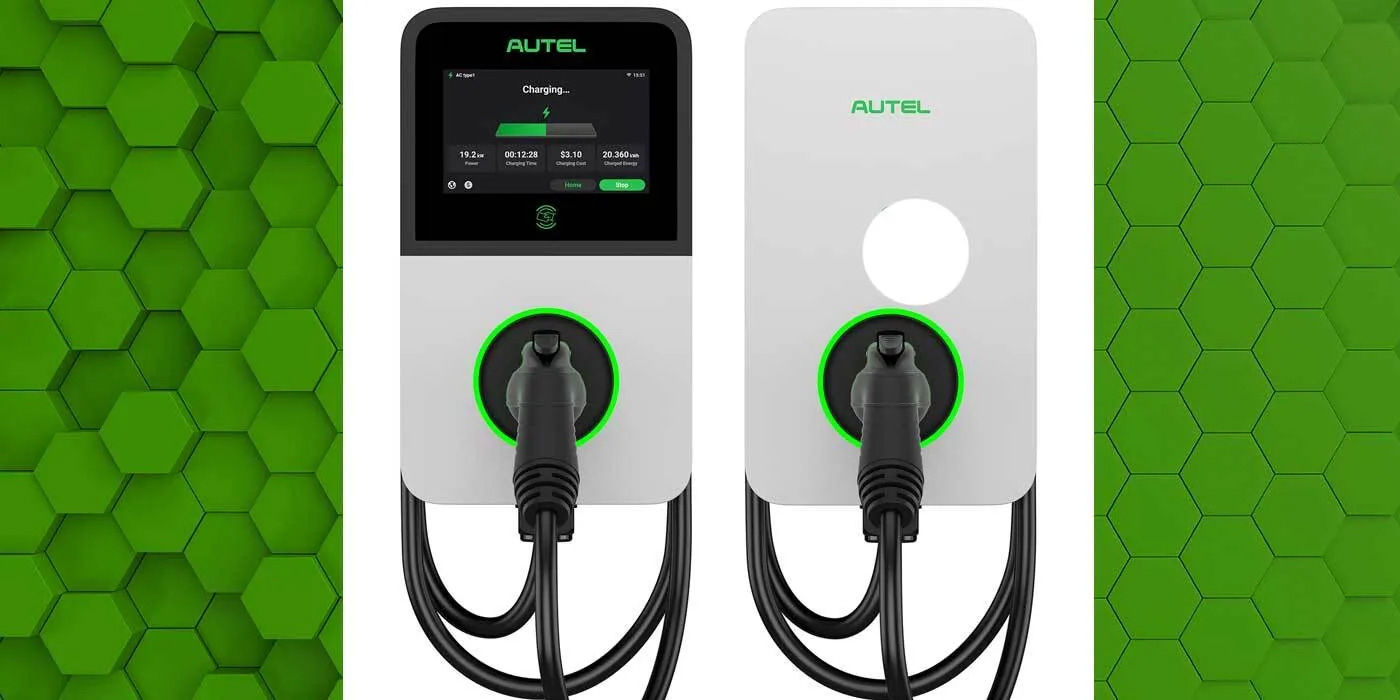From The Buzz
IDTechEx reports five future technology trends that the group expects will be of high relevance in the EV market’s future.
1. Advanced Li-ion Battery Cells & Packs
Advanced Li-ion refers to silicon and Li-metal anodes, solid-electrolytes, high-Ni cathodes and various cell design factors. Given the importance of the electric vehicle market, specifically battery electric cars, in determining battery demand, IDTechEx says it believes Li-ion is forecast to maintain its dominant position. However, gradual improvements to cathodes, anodes, cell design and energy density are key. According to the recent IDTechEx report, “Electric Cars 2023-2043,” up to 400Wh per kg battery cells will be in mainstream markets by 2030.
Innovation is also happening at the pack level. Several materials are required to assemble a battery pack, including thermal interface materials, adhesives, gaskets, impregnation, potting, fillers and more. A general trend toward larger cell form factors and non-modular cell-to-pack battery designs is underway, reducing the number of connections, busbars and cables between cells and modules.
2. Power Electronics
In automotive power electronics (inverters, onboard chargers, DC-DC converters), key advancements are being made to improve powertrain efficiency, allowing for either battery pack capacity reduction or improved range. One of the key avenues to achieving greater efficiencies is the transition to silicon carbide MOSFETs and high-voltage vehicle platforms at or above 800V. Indeed, Renault, BYD, GM, Hyundai and others have announced 800V vehicle platforms that will adopt silicon carbide MOSFETs in their power electronics through 2025.
IDTechEx says the transition presents fresh challenges for power module package materials, as higher switching frequencies, increased power densities and increased operational temperatures are demanded, all while maintaining a 15-year service life. The report finds that 800V platforms and SiC inverters will rise to at least 10% of the market by 2030. As the power density of semiconductor chips increases exponentially, new double-sided cooling designs, copper wire bonds and lead frames will enable the trend.
3. Electric Motors
Electric motor markets are still evolving with new designs improving power and torque density and more considerations around the materials used. IDTechEx believes developments such as axial flux motors and various OEMs may eliminate rare earth materials altogether.
There are several key performance metrics for electric motors. Power and torque density enable improved driving dynamics in a smaller and lighter package, with weight and space at a premium in EVs. Another critical area is drive-cycle efficiency. Improving efficiency means less of the precious energy stored in the battery is wasted when accelerating the vehicle, leading to an improved range from the same battery capacity. Due to the many different considerations in motor design, the EV market has adopted several other solutions, including permanent magnet, induction and wound-rotor motors.
IDTechEx thinks that while motors will remain dominated by permanent magnets, there will be opportunities for magnet-free variants as cost and sustainability come to the forefront in the coming years.
4. Fuel Cells
Opportunities for fuel cells in car markets are limited, although markets are still growing, underpinned by government support. The deployment of fuel cells within vehicles is not a new concept. Major OEMs, including Toyota, Ford, Honda, GM, Hyundai, Volkswagen, Daimler and BMW, have invested large sums over the past 30 years in advancing the technology. For passenger cars, a considerable amount of effort and expense has gone into developing fuel cells. Still, in 2022 only two major OEMs, Toyota and Hyundai, have FCEV cars in production and fewer than 20,000 FCEVs were sold in 2021.
Fuel cell vehicle deployments face considerable challenges, including decreasing the cost of fuel cell system components and rolling out sufficient hydrogen refueling infrastructure. Also essential will be the availability of low-cost ‘green’ hydrogen, produced by the electrolysis of water using renewable electricity, which analysis in the new IDTechEx report highlights will be vital to FCEVs delivering the environmental credentials on which they are being sold.
5. Autonomy
‘Autonomous vehicle’ (AV) is an umbrella term for the six levels defined by the SAE. Today, most new cars are arriving with the option of level 2 functionality and the industry is technically ready for level 3 once regulatory hurdles clear.
In recent years, vast improvements to autonomous vehicle technologies such as radar, lidar, HD cameras and software have propelled ‘Robo-Taxis’ to the cusp of market readiness. In certain scenarios, level 4 autonomy is commercialized in 2022, with Cruise and Baidu introducing initial services in the U.S. and China, respectively. IDTechEx forecasts how these services will come to dominate within 20 years. Overall, IDTechEx reports autonomous vehicles becoming a massively disruptive technology that will proliferate at a rate of up to 47% to transform the auto market over the next two decades.

